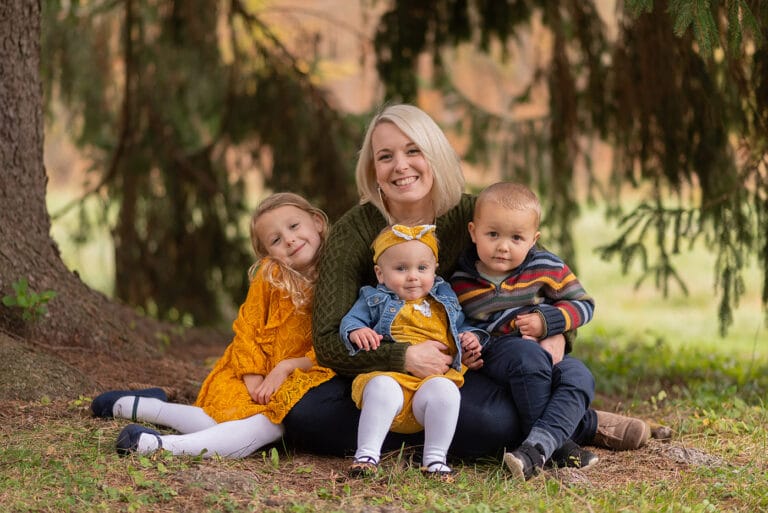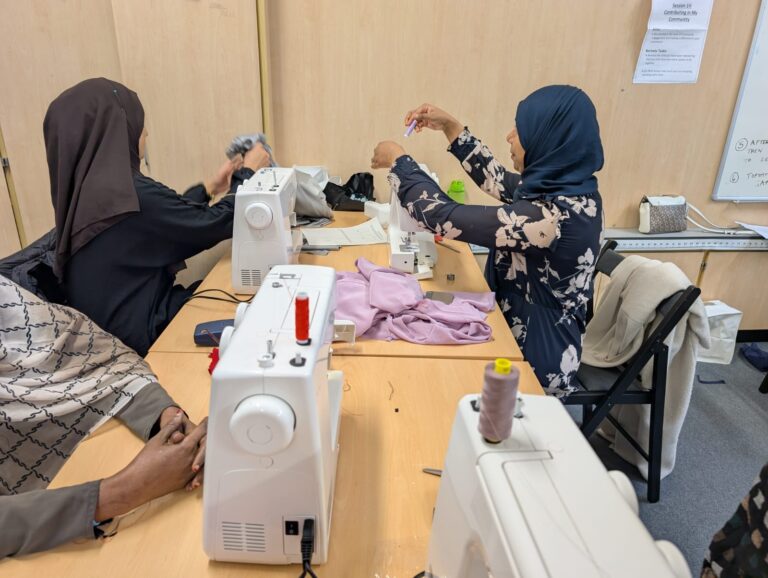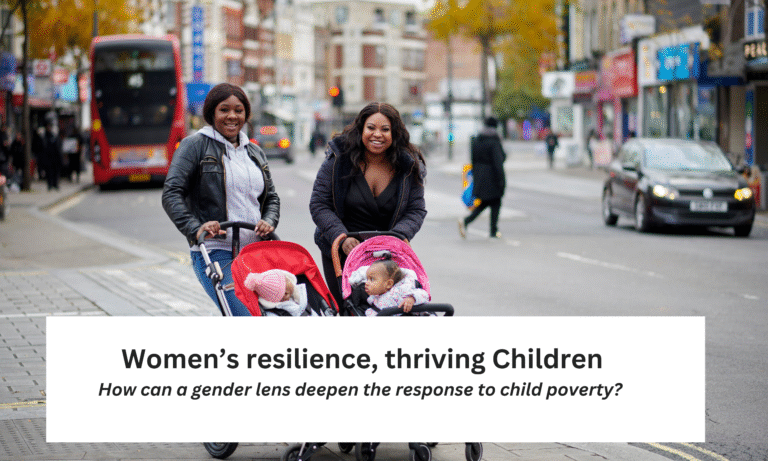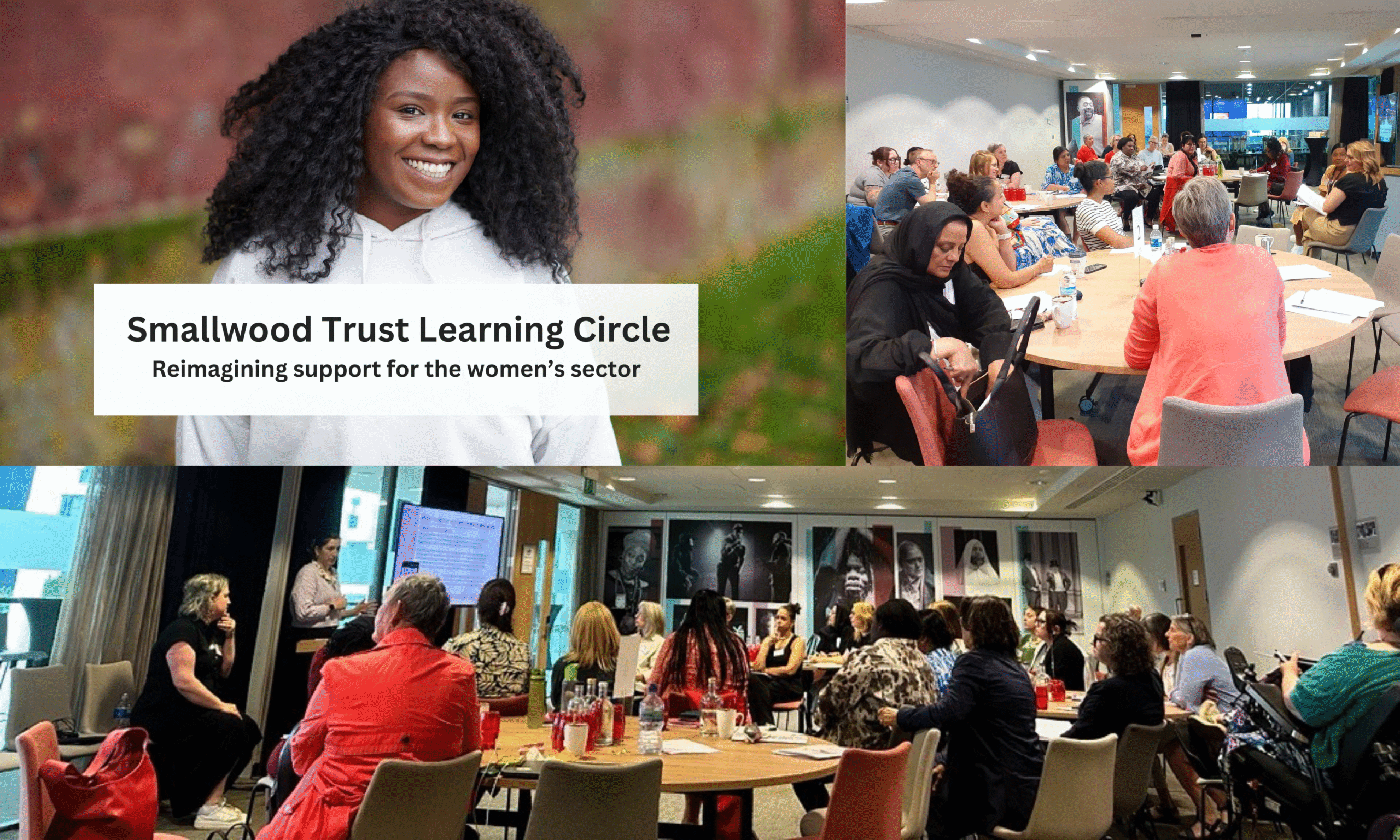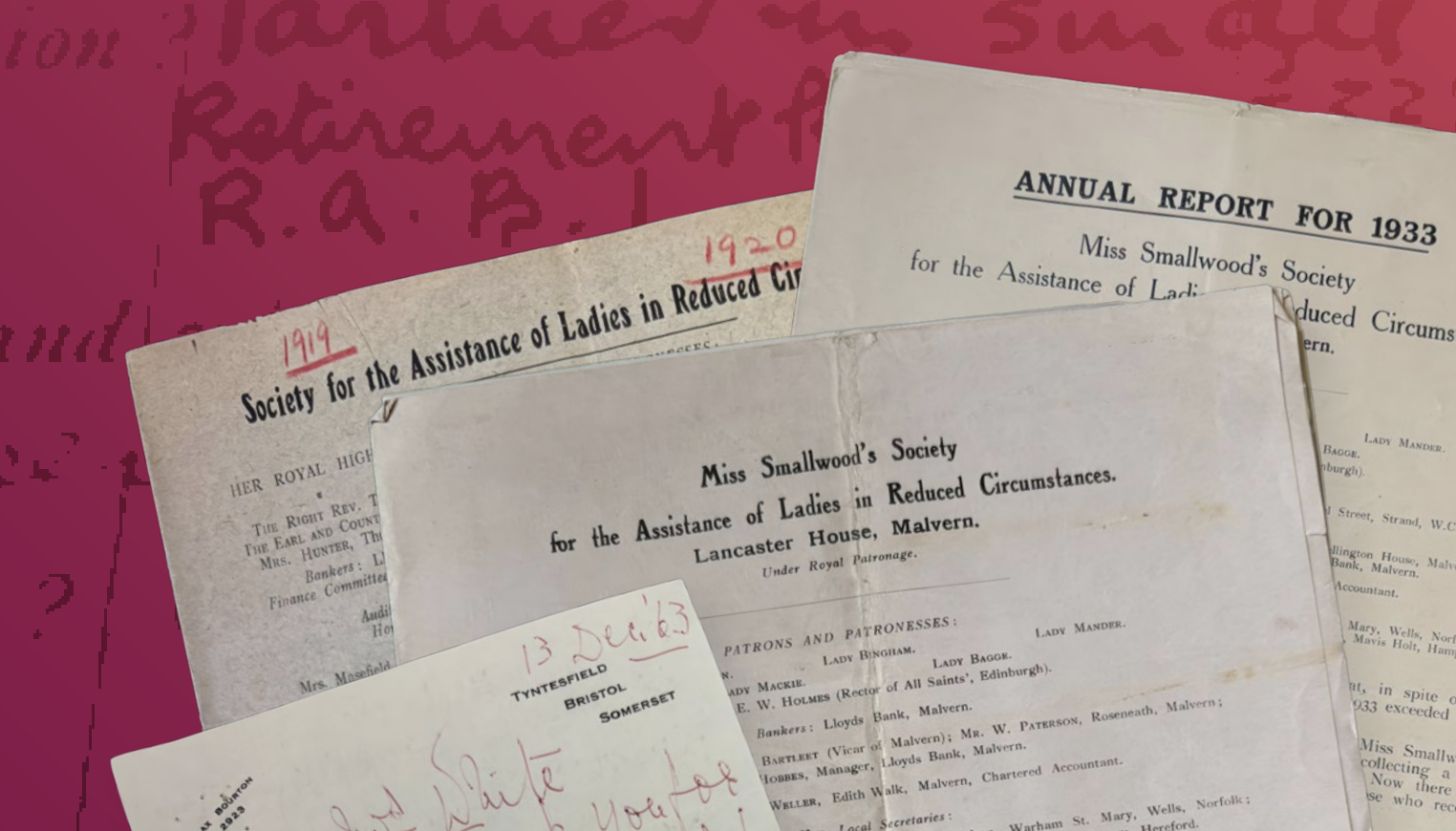
Preserving the Past, Planning the Future
November 17, 2025Why the Smallwood Trust Archive Matters More Than Ever
The Smallwood Trust is at a new stage in its evolution. As we prepare to sell our longstanding office building, we are also seeking the right institutional partner to help secure the future of our remarkable archive – a collection that spans nearly 140 years of women’s economic empowerment. This archive is rare in both scope and perspective: few collections in the UK document in such detail the lives of ordinary women navigating poverty. Preserving it isn’t simply about safeguarding the past, but about ensuring that future generations can learn from the struggles and triumphs of the women who came before them and further our cause of ending gendered poverty.
Over the past few years, we’ve made major strides in understanding and sharing our history – including tracing how Smallwood funds were distributed more than a century ago, and what those records reveal about women’s lives and labour. The records offer a rare lens into the lives of working-class women in Britain across two world wars, through suffrage, austerity, and social reform. At a time when women were rarely seen in official records, the Smallwood archive captures their voices and challenges.
The archive is both historical and political: it shows how far we’ve come, and how little has changed in the struggle for women’s financial security. It reminds us that economic inequality has deep roots – and that progress depends on keeping these stories visible.
We have begun the process of seeking a new partner to care for this collection – not simply to preserve it, but to ensure it lives on. We believe the archive deserves to be used, not just stored. It has value for historians, educators, and campaigners alike. We are hoping it could be displayed, researched, cited and digitised to reach wider audiences.With support from colleagues and advice from archivists, we are now in discussion with several organisations about the archive’s future home.
Our accompanying brochure offers a glimpse into some of the archive’s treasures, from personal letters and application forms to annotations that reveal how women were judged, supported, or overlooked. These fragments of lived experience continue to speak powerfully to today’s debates about gender, poverty, and opportunity.
If your organisation has been through a similar process and shares our belief that history should be accessible, inclusive and inspiring, we’d love to hear from you. Likewise, we’d be glad to share insights from our own journey with any interested parties.
